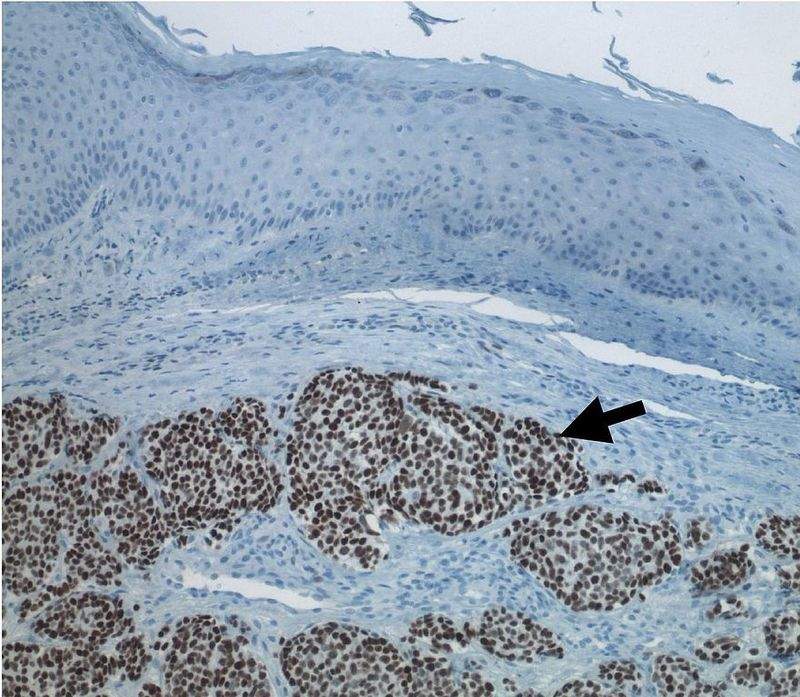

Merck’s biopharmaceutical business EMD Serono and Pfizer have obtained the US Food and Drug Administration’s (FDA) approval for a 20mg/mL Bavencio (avelumab) injection to treat patients with metastatic Merkel cell carcinoma (mMCC), a rare and aggressive skin cancer.

Discover B2B Marketing That Performs
Combine business intelligence and editorial excellence to reach engaged professionals across 36 leading media platforms.
The indication to treat adults and pediatric patients 12 years and older is approved under accelerated approval based on tumours and duration of response.
The injection was developed, reviewed and approved through the agency’s breakthrough therapy designation and priority review programmes.
Merck healthcare CEO Belén Garijo said: “At the heart of this FDA approval is our drive to make a meaningful difference for patients with hard-to-treat cancers like metastatic Merkel cell carcinoma.
“Bavencio’s journey has included years of hard work, from the scientists who discovered this molecule in our labs, to our alliance with Pfizer and to the study participants and investigators worldwide.”

US Tariffs are shifting - will you react or anticipate?
Don’t let policy changes catch you off guard. Stay proactive with real-time data and expert analysis.
By GlobalDataThe efficacy and safety of the injection was demonstrated in the Javelin Merkel 200 trial, an open-label, single-arm, multi-centre study conducted in 88 patients with mMCC whose disease had progressed on or after chemotherapy.
As part of the trial, patients received 10mg/kg of Bavencio as an intravenous infusion over 60 minutes every two weeks until disease progression or unacceptable toxicity.
The warnings and precautions for Bavencio include immune-mediated adverse reactions, infusion-related reactions and embryo-fetal toxicity.
Adverse reactions that were reported included fatigue (50%), musculoskeletal pain (32%), diarrhea (23%), nausea (22%), infusion-related reactions (22%), rash (22%), decreased appetite (20%) and peripheral edema (20%).
Bavencio binds to PD-L1 and prevents tumour cells from using PD-L1 for protection against white blood cells, such as T-cells, exposing them to anti-tumour responses.
Image: Photomicrograph of Merkel cell carcinoma infiltrating the skin. Photo: courtesy of Patrick S. Moore.




